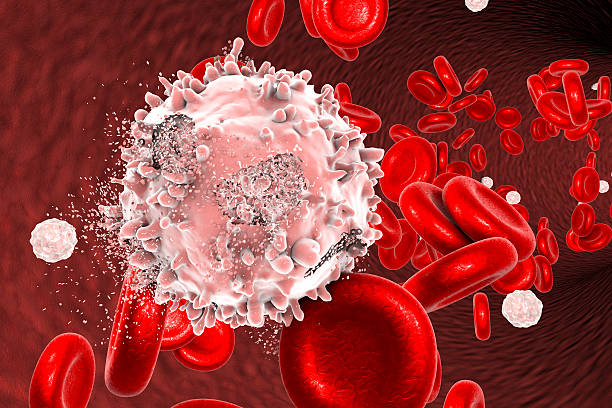

Radiooncology, also known as radiation oncology, is a specialized medical field that focuses on the use of radiation therapy to treat cancer. Radiation therapy involves the use of high-energy radiation to kill cancer cells or prevent them from multiplying. The goal of radiooncology is to deliver targeted radiation to cancer cells while minimizing the impact on healthy tissues.
Radiooncologists work closely with other medical professionals, such as oncologists, surgeons, and radiologists, to develop individualized treatment plans for each patient. Treatment plans take into account various factors, such as the type and stage of cancer, the location of the tumor, and the patient's overall health.
Radiooncology treatment plans can involve various types of radiation therapy, including external beam radiation therapy, internal radiation therapy, and systemic radiation therapy. External beam radiation therapy involves using a machine to deliver radiation to the tumor from outside the body, while internal radiation therapy involves placing a radioactive source inside the body near the tumor. Systemic radiation therapy involves using radioactive substances that can travel through the bloodstream to reach cancer cells throughout the body.
Radiooncology treatments may also involve the use of advanced technologies, such as intensity-modulated radiation therapy (IMRT), stereotactic body radiation therapy (SBRT), and proton therapy. These technologies allow for more precise delivery of radiation to the tumor while minimizing damage to healthy tissues.
The field of radio oncology is constantly evolving as new technologies and techniques are developed. Radiooncologists work to stay up-to-date with the latest advances in the field and to incorporate these advancements into their treatment plans to provide the best possible care for their patients.